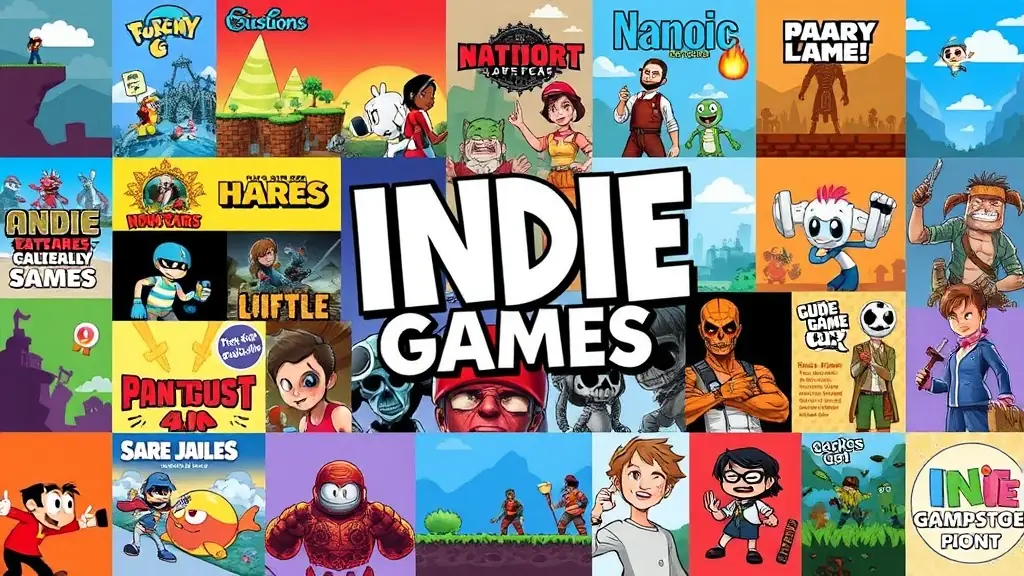Game design is a complex process that requires a deep understanding of player psychology and game mechanics. A successful game design often involves creating a compelling narrative, designing engaging characters, and crafting intuitive gameplay mechanics. Furthermore, understanding the target audience and their preferences is crucial for creating a game that resonates with them. Ultimately, the key to success lies in balancing creativity with strategic thinking. Another crucial aspect of game design is the ability to create a compelling narrative. A well-crafted story can immerse players in the game world and make them feel connected to the characters and their journey. Moreover, the design of characters and their interactions plays a significant role in shaping the overall experience. Finally, the gameplay mechanics should be intuitive and engaging, allowing players to easily learn and master the game. Ultimately, the art of game design is a continuous process of iteration and refinement. Developers should constantly seek feedback from players and adapt their designs based on their insights. Furthermore, staying updated on the latest trends and technologies in game development is crucial for creating innovative and engaging experiences. Ultimately, the goal is to create a game that is both fun and rewarding for players.
Luck and Logic: Mastering the Art of Game Design
Game design is a blend of creativity and strategy, requiring a deep understanding of player



